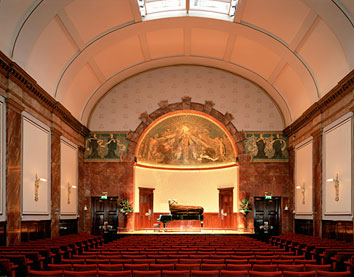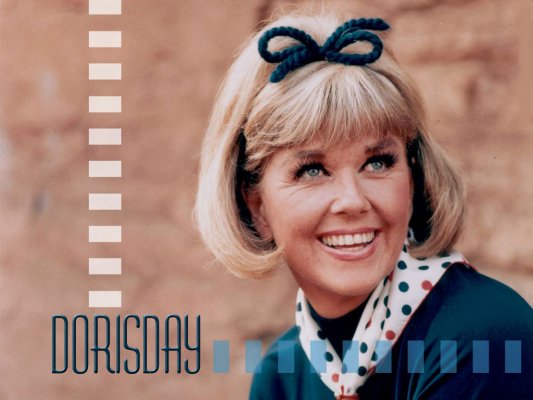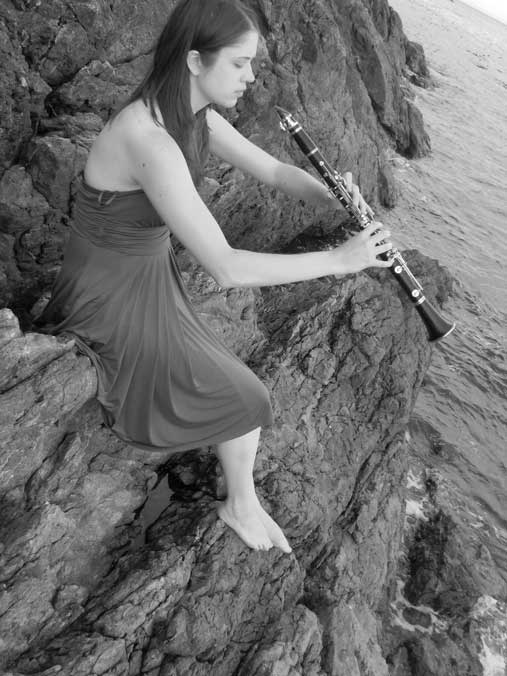The Fidelio Trio has become one of the leading piano trios in the UK over the last few years. Robert Fokkens asks them about their commitment to contemporary music and how this informs their performances of older music.
Robert Fokkens: All three of you are very busy and experienced performers, with a particular reputation for contemporary music. What drew you to contemporary music initially, and what do you enjoy most about working on new pieces?
Fidelio Trio: The trio began life playing (like most ensembles) classical chamber music repertoire – however for our Purcell Room debut in 1996 we were introduced to Toru Takemitsu's Between Tides which we gave the UK premiere of. We quickly realised we had a particular affinity with the music of today and much enjoyed the collaborative process with living composers. We also realised that there is a huge variety of diverse new music that needed to be programmed.
RF: Working with composers is often a mixed blessing for a performer. Has working regularly with composers changed the way you approach music in general? What do you enjoy most and least about the relationship between composers and performers?
FT: One of the most rewarding aspects of playing new music is the collaborative process between composer and performer. There is nothing more exciting than seeing a new work for the first time that has been conceived for the given performers and then taking it on the next step of the journey ie. into the concert hall. The shared creative experience forms an indelible bond between performer and composer which has a lasting effect on the interpretation. It can also be just as exciting to work with a composer and a piece that wasn't written for you but through the rehearsal process both parties start to hear new angles and possibilities in the work.
Of course the performers do need space sometimes, it's never wise to have the composer at a first rehearsal- they will have been living with that piece for months where as the performers are barely on first name terms with it and need time to feel their way in to the language!
RF: Despite the trio's reputation for performances of contemporary music, I know that you are all very comfortable with a broad range of repertoire. How do you feel about programming new or twentieth-century work alongside pre-twentieth century repertoire?
FT: We often play more traditional repertoire (which for us can be Ravel or Schoenberg) alongside newer music which can compliment the contemporary angle to the programmes well. The old idea of 'sandwiching' a piece of new music between classical or romantic repertoire certainly doesn't always work as the new piece (if performed well enough with total conviction by the performers) should stand alone beside older repertoire. We recently performed a series of concerts in Dublin that featured each of Schumann's impeccable piano trios alongside new pieces for us by Irish composers. This process seemed to work well and the feedback from the audiences was extremely positive in how they listened to both the new pieces and the Schumann. This has lead us to seriously think about what classical repertoire we should play alongside new music. However, it is also important to introduce audiences to solely new music concerts and never feel the need to be apolgetic about this. We programme new works from very different aesthetic view points as the new music world is already a tiny place and alienating audiences should never be the case with performers of this repertoire!
RF: You are performing for the ACF's Soundings 2010 this Wednesday at the Forge in Camden, London. How long have you been involved with this series, and how did you first come to work with the ACF?
FT: We first worked with the Austrian Cultural Forum in 2005 when Soundings was still a relatively young series and Joe Cutler and Johannes Maria Staud were particularly involved in the choosing of repertoire and inviting the other composers to participate. We have been involved increasingly over the years and since 2008 Mary has been curator, working closely with Andrea Rauter in seeking out and balancing the composers for the UK and Austria and the works to be performed. As a trio, we are very much now associated with the ACF and are Soundings Ensemble in Residence. This has resulted in a number of new works being written for us and our Wigmore Hall debut in December 2009 (in a programme of Ed Bennett, Luke Bedford, Thomas Larcher, Johannes Maria Staud and the fantastic arrangement of Verklarte Nacht by Eduard Steuermann). Every year Mary and Andrea work to refresh and bring new ideas and formats to the week of workshops and concerts and it now is a firmly established series in the London music calendar.
RF: Soundings brings composers from Austria and the UK together for workshops and concerts each year. Have you noticed any particular national differences between the composers, their music and their approach to composition, or is it very much down to the individual composer?
FT: What is clear to us is that yes indeed, composers are all individual. However, one point that seems to recur every year in discussions and conversations is that, in Austria in general, composers are afforded more time with the musicians they are working with – and in relation to this, composers in the UK are accustomed to working with musicians who are excellent sight-readers and fast learners and so become very time efficient in their rehearsals. There also seems to be more of what you might call an 'extremely quiet school' present in Austrian music circles, more than in the UK. But the workshops and concerts every year result in a great variety of new and exciting works.
RF: What other big projects are you currently working on?
FT: We are really excited to be making our USA debut next February (2011) with two concerts at Symphony Space New York City working closely with two very different American composers – Charles Wuorinen and Evan Ziporyn. Later next year we will tour Southern Africa. On the CD front our next release in February 2011 will be Michael Nyman's Complete Piano Trios for MN Records and also we begin recording our first album for Naxos of music by Schoenberg, Korngold & Zemlinsky. Forthcoming commissions include new pieces from Stephen Gardener, Alasdair Nicholson and Gavin Higgins.
The Fidelio Trio (Darragh Morgan, violin; Robin Michael, cello; Mary Dullea, piano) perform with Lore Lixenberg (mezzo soprano), Patricia Rozario (soprano), Rowland Sutherland (flute) and Gerald Davidson (speaker) for Soundings IX.
At The Forge (3-7 Delancey Street, London, NW1 7NL on Wednesday 24 November. Presented by the Austrian Cultural Forum.
www.fideliotrio.com
www.soundings.co.uk
www.forgevenue.org





